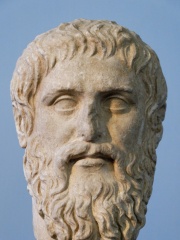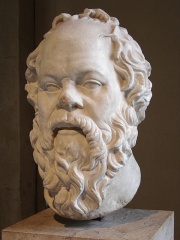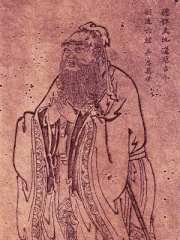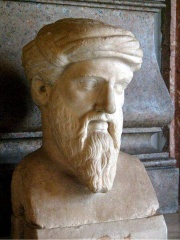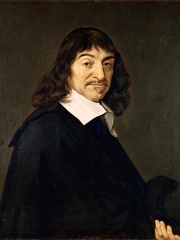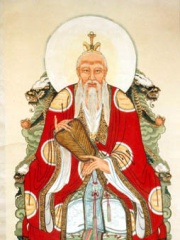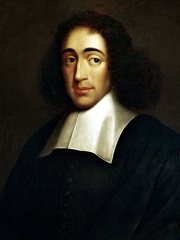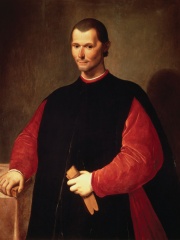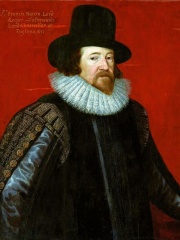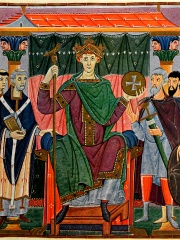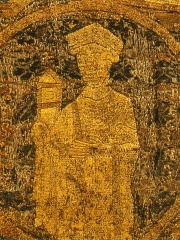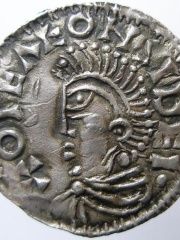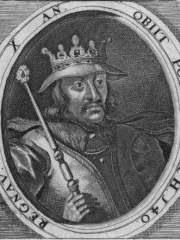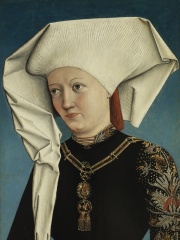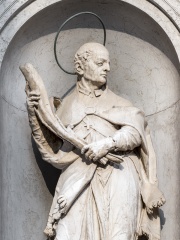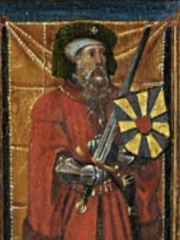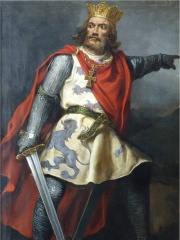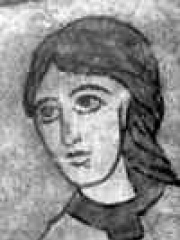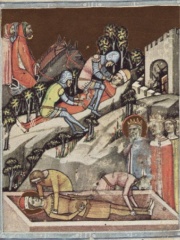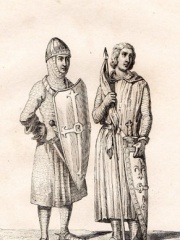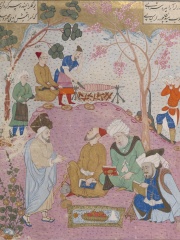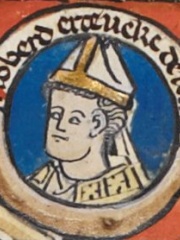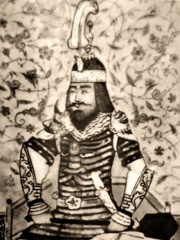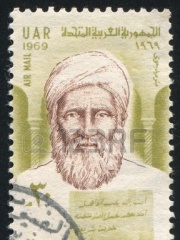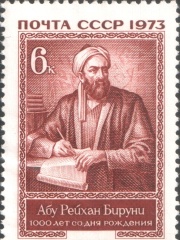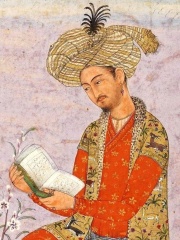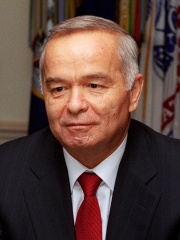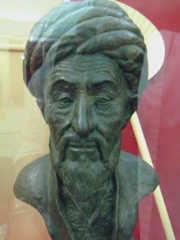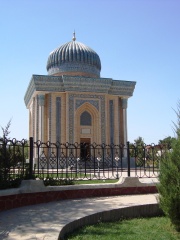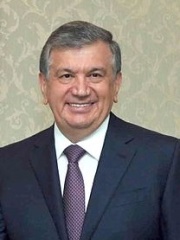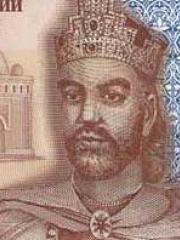Philosopher
Avicenna
980 - 1037
EN.WIKIPEDIA PAGE VIEWS (PV)

 Avicenna
Avicenna
His biography is available in 157 different languages on Wikipedia (up from 147 in 2024). Avicenna is the 9th most popular philosopher, the most popular biography from Uzbekistan and the most popular Uzbekistani Philosopher.
Avicenna is most famous for his writings on medicine and philosophy. He wrote the Canon of Medicine, which was the authoritative text on medicine in Europe until the seventeenth century.
Memorability Metrics
Page views of Avicenna by language
Among Philosophers
Among philosophers, Avicenna ranks 9 out of 1,267. Before him are Plato, Socrates, Confucius, Pythagoras, Immanuel Kant, and René Descartes. After him are Laozi, Jean-Jacques Rousseau, Baruch Spinoza, Niccolò Machiavelli, Augustine of Hippo, and Francis Bacon.
Most Popular Philosophers in Wikipedia
Go to all RankingsPlato
427 BC - 347 BC
HPI: 95.94
Rank: 3
Socrates
470 BC - 399 BC
HPI: 94.90
Rank: 4
Confucius
551 BC - 479 BC
HPI: 93.57
Rank: 5
Pythagoras
570 BC - 495 BC
HPI: 93.36
Rank: 6
Immanuel Kant
1724 - 1804
HPI: 92.35
Rank: 7
René Descartes
1596 - 1650
HPI: 92.12
Rank: 8
Avicenna
980 - 1037
HPI: 92.05
Rank: 9
Laozi
604 BC - 600 BC
HPI: 91.85
Rank: 10
Jean-Jacques Rousseau
1712 - 1778
HPI: 91.27
Rank: 11
Baruch Spinoza
1632 - 1677
HPI: 90.63
Rank: 12
Niccolò Machiavelli
1469 - 1527
HPI: 90.45
Rank: 13
Augustine of Hippo
354 - 430
HPI: 90.39
Rank: 14
Francis Bacon
1561 - 1626
HPI: 90.32
Rank: 15
Contemporaries
Among people born in 980, Avicenna ranks 1. After him are Otto III, Holy Roman Emperor, Pope Benedict VIII, Gisela of Hungary, Olof Skötkonung, Harald II of Denmark, Hemma of Gurk, Tancred of Hauteville, Mokjong of Goryeo, Gerard of Csanád, Humbert I, Count of Savoy, and Baldwin IV, Count of Flanders. Among people deceased in 1037, Avicenna ranks 1. After him are Bermudo III of León, Boleslaus III, Duke of Bohemia, Vazul, Odo II, Count of Blois, Abu Mansur al-Baghdadi, Farrukhi Sistani, and Robert II.
Others Born in 980
Go to all RankingsAvicenna
PHILOSOPHER
980 - 1037
HPI: 92.05
Rank: 1
Otto III, Holy Roman Emperor
POLITICIAN
980 - 1002
HPI: 78.91
Rank: 2
Pope Benedict VIII
RELIGIOUS FIGURE
980 - 1024
HPI: 77.54
Rank: 3
Gisela of Hungary
POLITICIAN
980 - 1065
HPI: 71.86
Rank: 4
Olof Skötkonung
POLITICIAN
980 - 1022
HPI: 71.78
Rank: 5
Harald II of Denmark
NOBLEMAN
980 - 1018
HPI: 71.70
Rank: 6
Hemma of Gurk
RELIGIOUS FIGURE
980 - 1045
HPI: 67.91
Rank: 7
Tancred of Hauteville
POLITICIAN
980 - 1041
HPI: 67.42
Rank: 8
Mokjong of Goryeo
POLITICIAN
980 - 1009
HPI: 67.26
Rank: 9
Gerard of Csanád
RELIGIOUS FIGURE
980 - 1046
HPI: 66.52
Rank: 10
Humbert I, Count of Savoy
POLITICIAN
980 - 1047
HPI: 65.79
Rank: 11
Baldwin IV, Count of Flanders
POLITICIAN
980 - 1035
HPI: 65.59
Rank: 12
Others Deceased in 1037
Go to all RankingsAvicenna
PHILOSOPHER
980 - 1037
HPI: 92.05
Rank: 1
Bermudo III of León
POLITICIAN
1017 - 1037
HPI: 66.17
Rank: 2
Boleslaus III, Duke of Bohemia
POLITICIAN
950 - 1037
HPI: 65.34
Rank: 3
Vazul
POLITICIAN
1000 - 1037
HPI: 64.94
Rank: 4
Odo II, Count of Blois
NOBLEMAN
983 - 1037
HPI: 62.29
Rank: 5
Abu Mansur al-Baghdadi
MATHEMATICIAN
980 - 1037
HPI: 60.86
Rank: 6
Farrukhi Sistani
WRITER
980 - 1037
HPI: 58.50
Rank: 7
Robert II
POLITICIAN
1000 - 1037
HPI: 58.46
Rank: 8
In Uzbekistan
Among people born in Uzbekistan, Avicenna ranks 1 out of NaN. After him are Timur (1336), Muhammad al-Bukhari (810), Al-Biruni (973), Babur (1483), Islam Karimov (1938), Al-Tirmidhi (824), Shah Rukh (1377), Abu Mansur al-Maturidi (893), Baha-ud-Din Naqshband Bukhari (1327), Shavkat Mirziyoyev (1957), and Isma'il ibn Ahmad (849).
Others born in Uzbekistan
Go to all RankingsAvicenna
PHILOSOPHER
980 - 1037
HPI: 92.05
Rank: 1
Timur
MILITARY PERSONNEL
1336 - 1405
HPI: 90.74
Rank: 2
Muhammad al-Bukhari
RELIGIOUS FIGURE
810 - 870
HPI: 83.91
Rank: 3
Al-Biruni
MATHEMATICIAN
973 - 1048
HPI: 83.73
Rank: 4
Babur
POLITICIAN
1483 - 1530
HPI: 81.60
Rank: 5
Islam Karimov
POLITICIAN
1938 - 2016
HPI: 76.96
Rank: 6
Al-Tirmidhi
RELIGIOUS FIGURE
824 - 892
HPI: 76.62
Rank: 7
Shah Rukh
POLITICIAN
1377 - 1447
HPI: 74.37
Rank: 8
Abu Mansur al-Maturidi
RELIGIOUS FIGURE
893 - 944
HPI: 73.12
Rank: 9
Baha-ud-Din Naqshband Bukhari
RELIGIOUS FIGURE
1327 - 1390
HPI: 73.10
Rank: 10
Shavkat Mirziyoyev
POLITICIAN
1957 - Present
HPI: 72.90
Rank: 11
Isma'il ibn Ahmad
POLITICIAN
849 - 907
HPI: 71.47
Rank: 12
Among Philosophers In Uzbekistan
Among philosophers born in Uzbekistan, Avicenna ranks 1.
